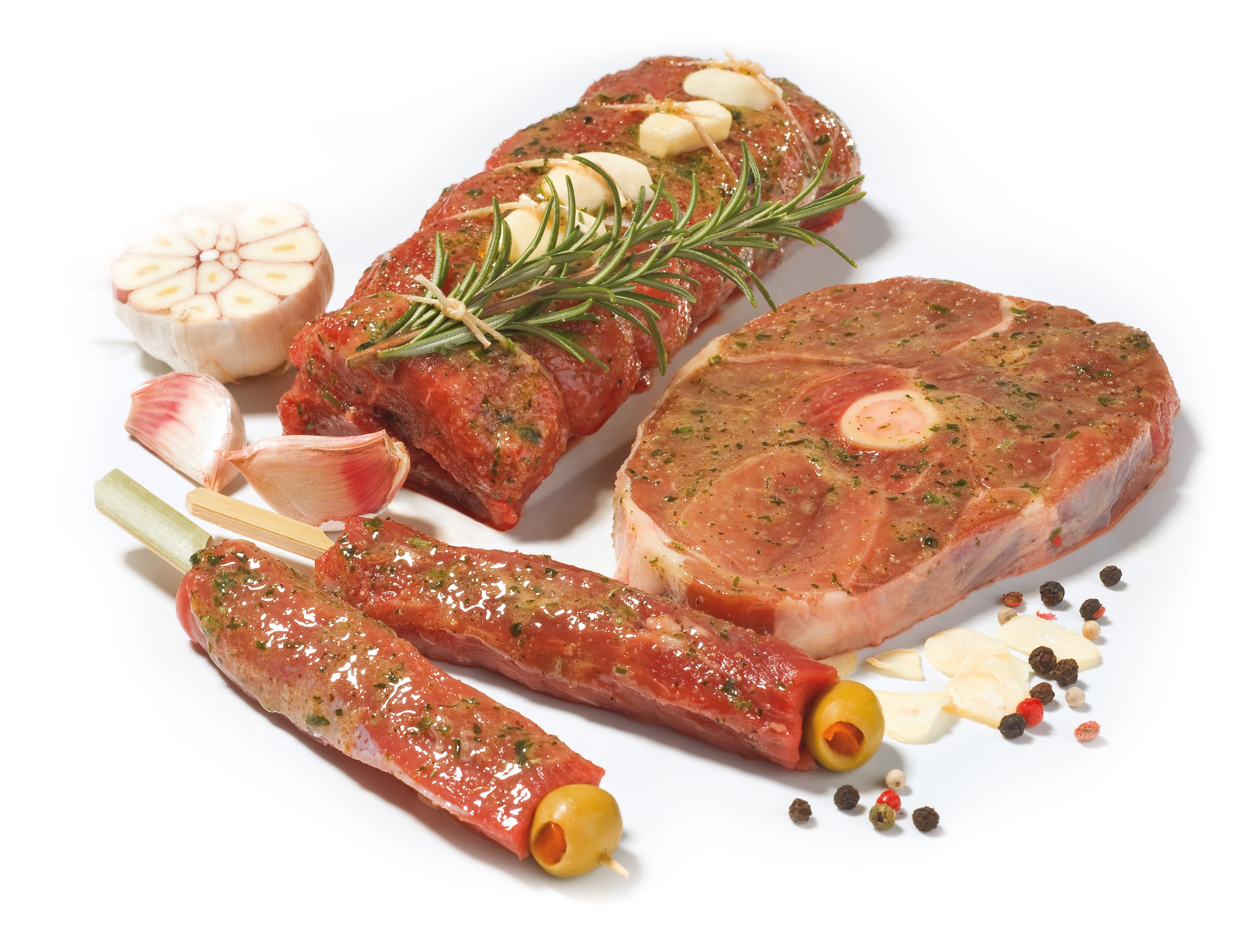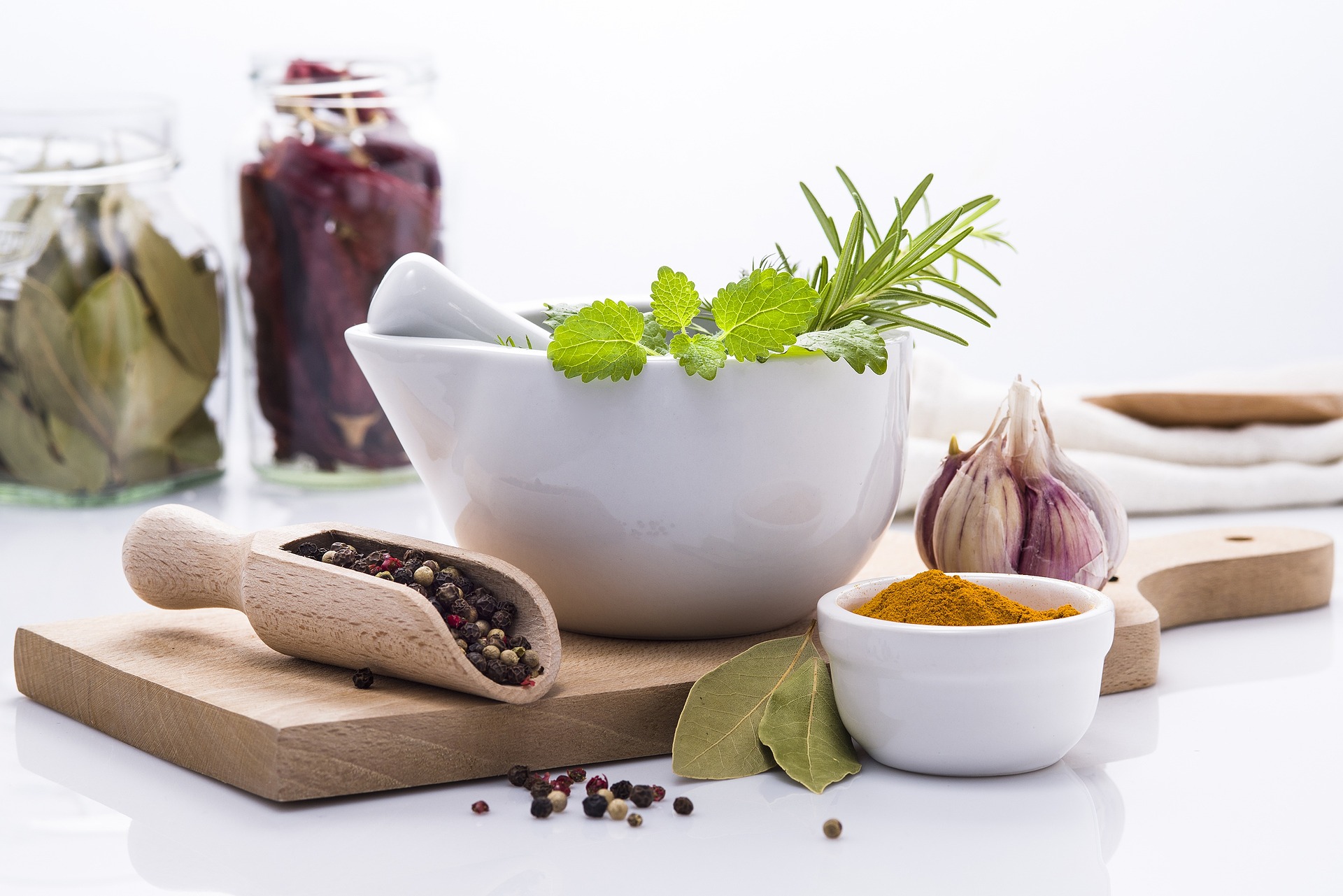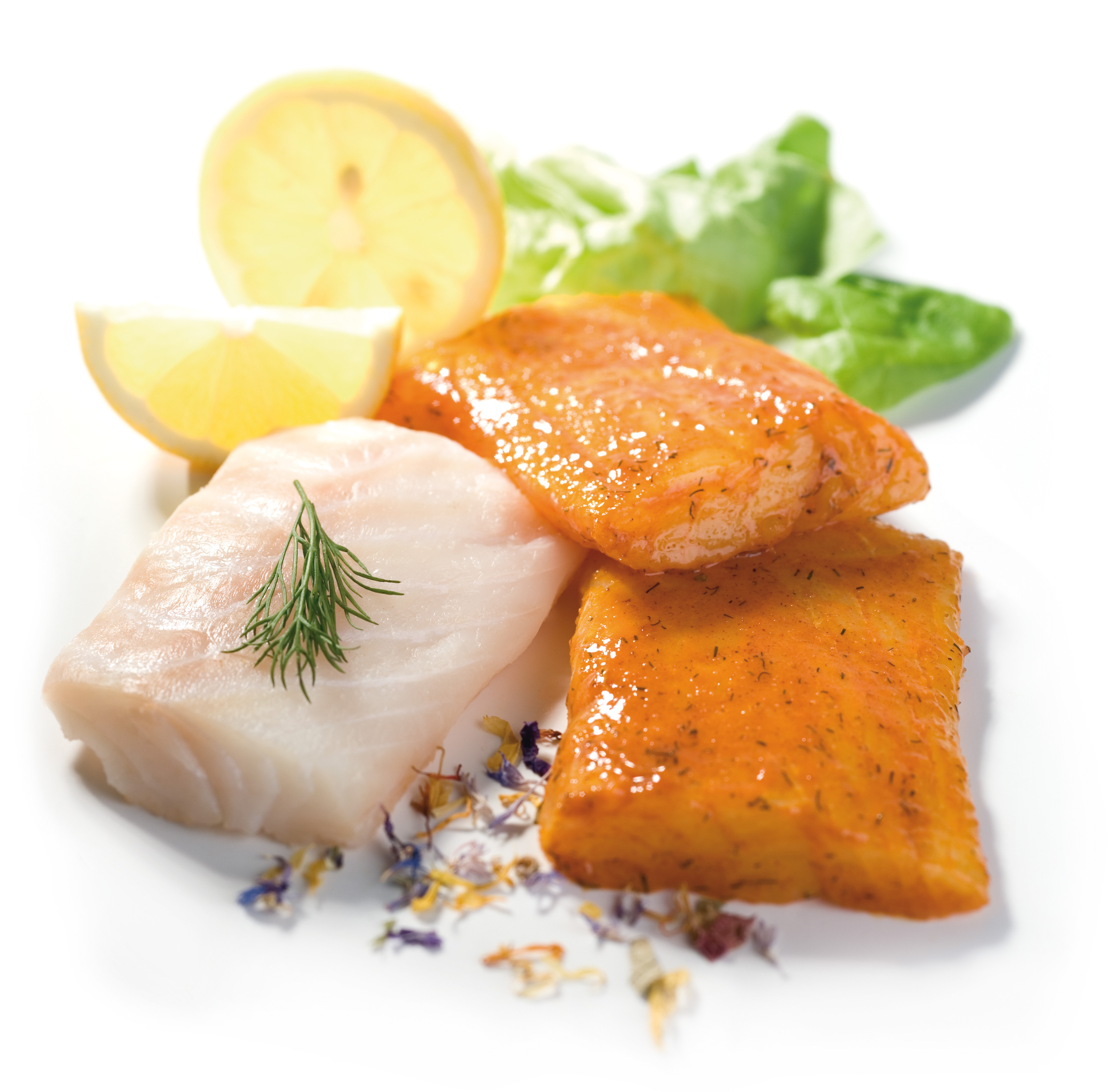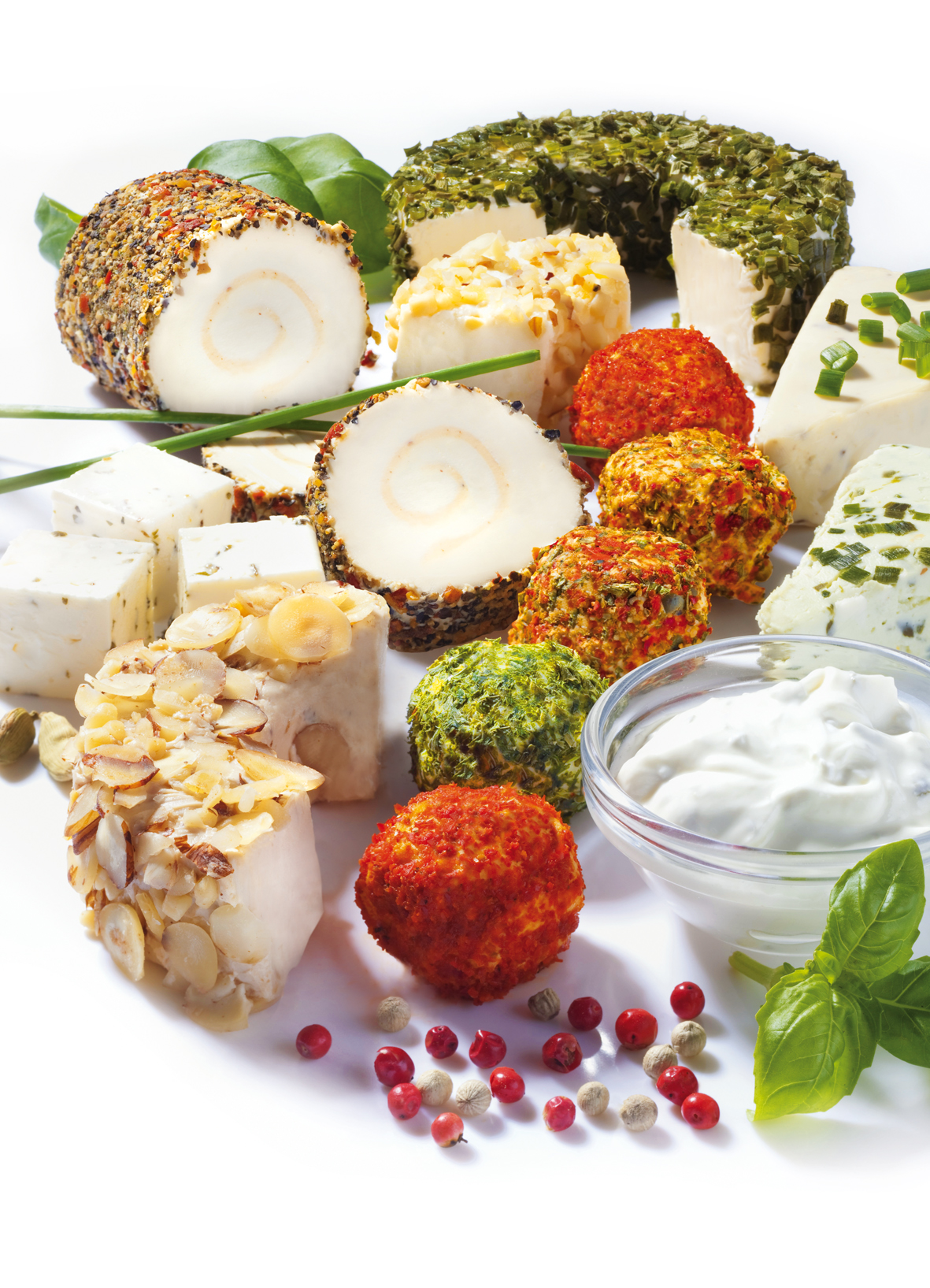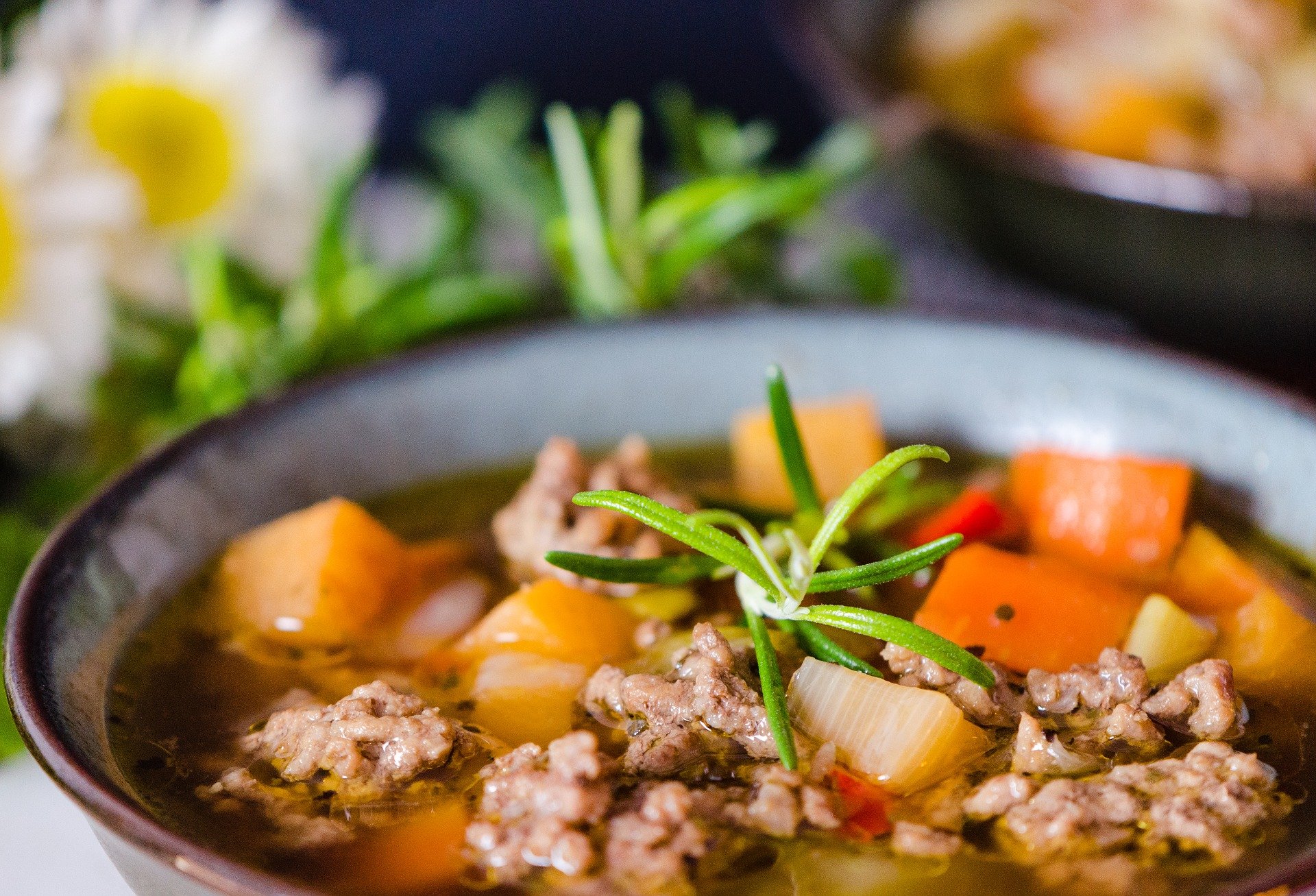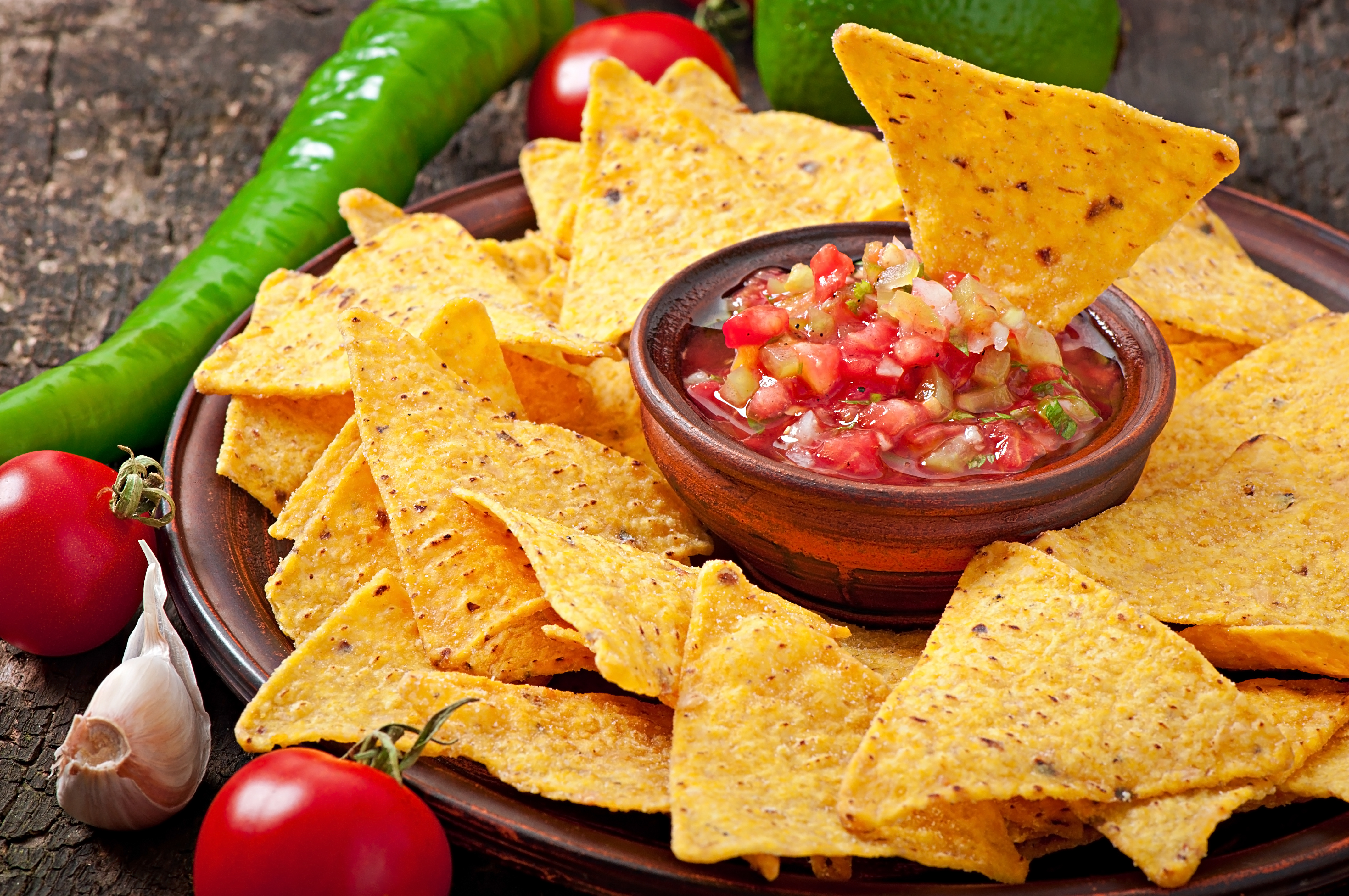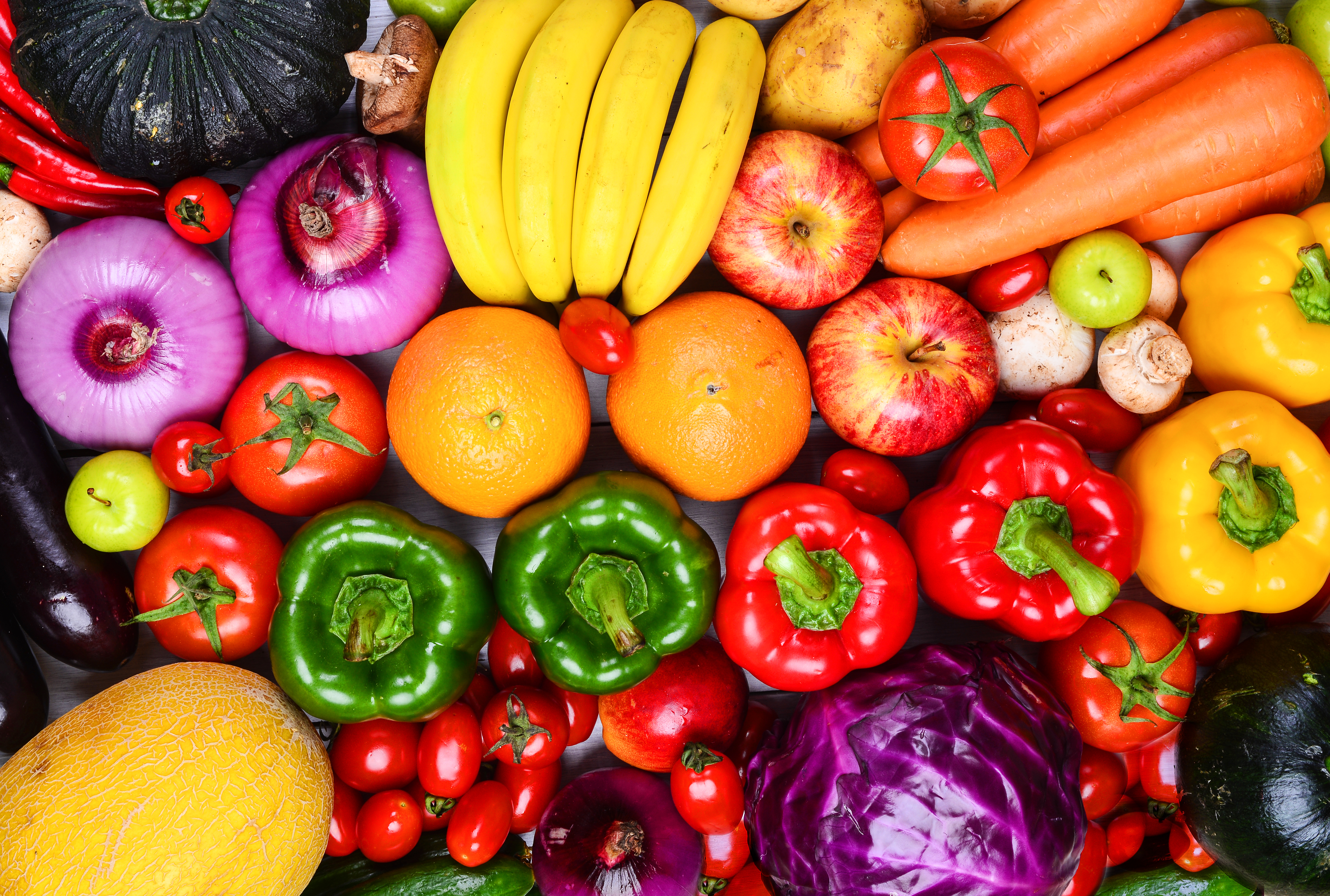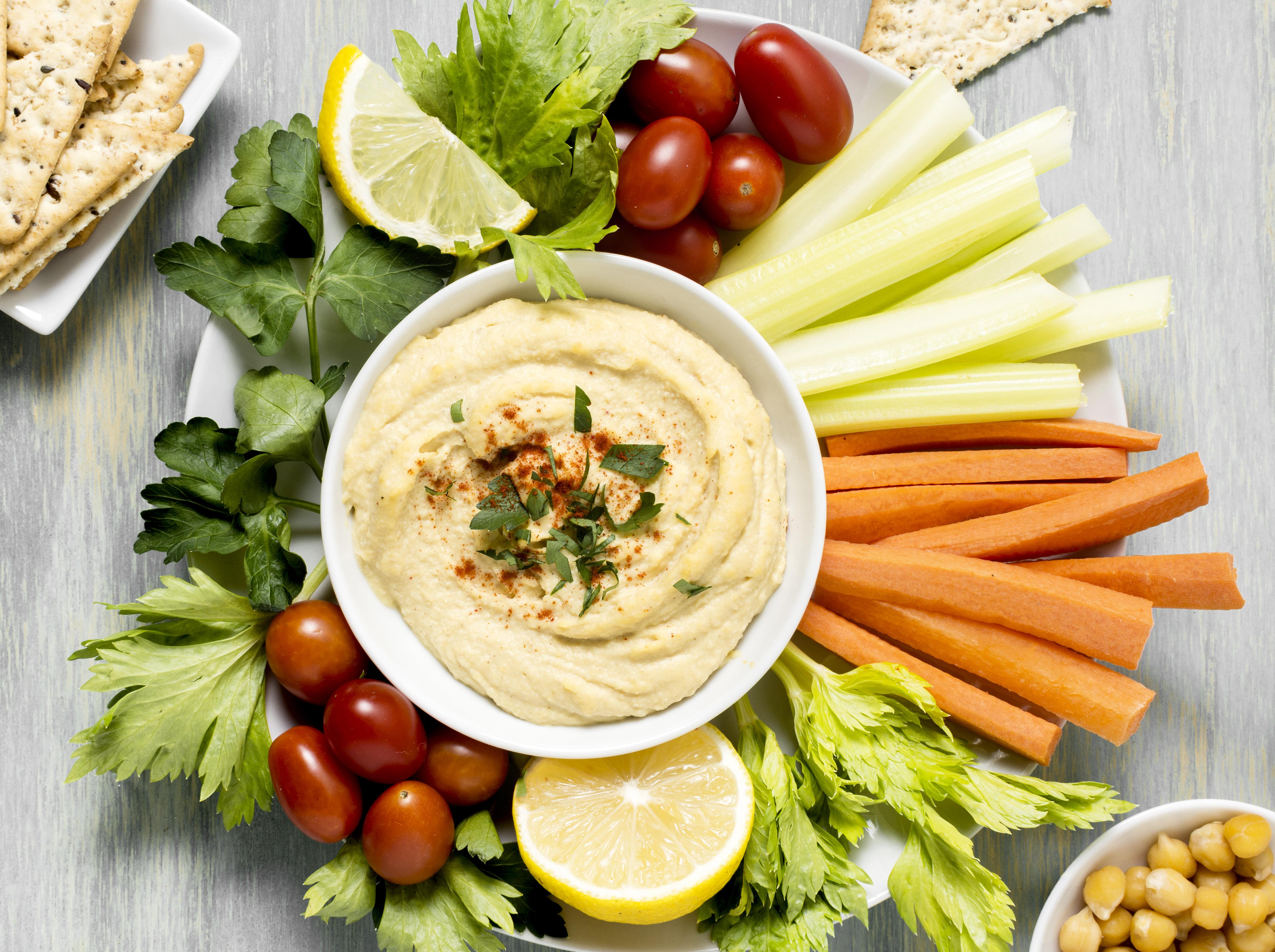Meat Tenderizer
When preparing meat dishes, consumers expect the final product to be tender to the bite, not tough. Tenderness has a lot to do with meat quality and the selection of cuts. However, preparation also has a big impact on the tenderness of meat. For example, if a roast is not cooked long enough, the consumer will miss the tender and crumbly texture of the meat. However, the reason for the lack of tenderness of short-roasted meat is often different.
Because of the quality of the meat or because of the way it is prepared, meat looses water at different rates. The "meat juice" evaporates or runs out of the meat. The result is a dry piece of meat that the consumer perceives as tough. Overheating or improper grilling will cause the end results to differ significantly from those of the professionals.
The binding of the "meat juice" can be positively influenced by the use of tenderizers. With the appropriate combination of quality additives, an additional amount of seasoning brine or seasoning marinade can also be bound in the meat. This significantly reduces the risk of the meat products "drying out" during preparation or storage in the counter.
Customers can enjoy grilled products and short-roasted cuts as if they were professionals. As a rule, tenderizers are products that have a positive influence on the juiciness of the meat and do not affect the fibrous structure of the meat. Meat products treated with tenderizers (Zartessa) must be labeled as ready-to-cook preparations.
Meat refinement with a guarantee of success!
- Meat Processing
- Herbs & Spices
- Additives & Auxiliaries
- Fish
- Dairy Products
- Soups & Sauces
- Snack Seasonings
- Fruits & Vegetables
- Vegetarian / Vegan
- Miscellaneous
- About Us
Filter
Service Hotline
Lay Gewürze GmbH
Würz- & Lebensmitteltechnologie
Im Oberen Weidig 2
D-98631 Grabfeld
Würz- & Lebensmitteltechnologie
Im Oberen Weidig 2
D-98631 Grabfeld
Mo. - Fr.: 07:30-16:30 Uhr
+49 36944 521 486
+49 36944 521 300
Abpackung:
1 kg
,
25 kg
Productnr.:
170240
Spezialprodukt für Fleischerzeugnisse
Die lebensmittelrechtlichen Bestimmungen der Länder sind zu beachten!Aussehen/
Charakter-Anwendung/
g je kg-Artikel-Status
No prices for category and customer group Details
Abpackung:
25 kg
,
1 kg
Productnr.:
170236
-Aussehen/
Charakter-Anwendung/
g je kg-Artikel-Status
No prices for category and customer group Details
Abpackung:
25 kg
Productnr.:
170237
Funktionelles Binde- und Frischhaltemittel für Fleischerzeugnisse, enthält Phosphat und Carbonat.
Für Lebensmittel, begrenzte Verwendung.Aussehen/
CharakterweißAnwendung/
g je kgca. 15 g je kg Fleisch bei 15-20 % Zunahme, ca. 20 g je kg Fleisch bei 20-25 % ZunahmeArtikel-Status
No prices for category and customer group Details
Abpackung:
2 kg
,
25 kg
Productnr.:
170335
Spezialprodukt für Fleischerzeugnisse, enthält Phosphat und Carbonat.
Die lebensmittelrechtlichen Bestimmungen der Länder sind zu beachten!Aussehen/
CharakterweißAnwendung/
g je kg18-20 g je kgArtikel-Status
No prices for category and customer group Details
Abpackung:
25 kg
,
1 kg
Productnr.:
170393
Spezialprodukt für Fleischzubereitungen, denen andere Zutaten als Zusatzstoffe oder Salz beigegeben wurden, sowie für Fleischerzeugnisse. Für Lebensmittel, begrenzte Verwendung.Aussehen/
CharakterweißAnwendung/
g je kg1 kg Fleisch + 100 g Wasser + 15 g Zartessa EUArtikel-Status
No prices for category and customer group Details
Abpackung:
2,5 kg
Productnr.:
170417
Funktionelles Präparat für die Lebensmittelindustrie. Für Lebensmittel, begrenzte Verwendung.Aussehen/
Charakterglasig, leicht gelbAnwendung/
g je kg50 g je kgArtikel-Status
No prices for category and customer group Details

